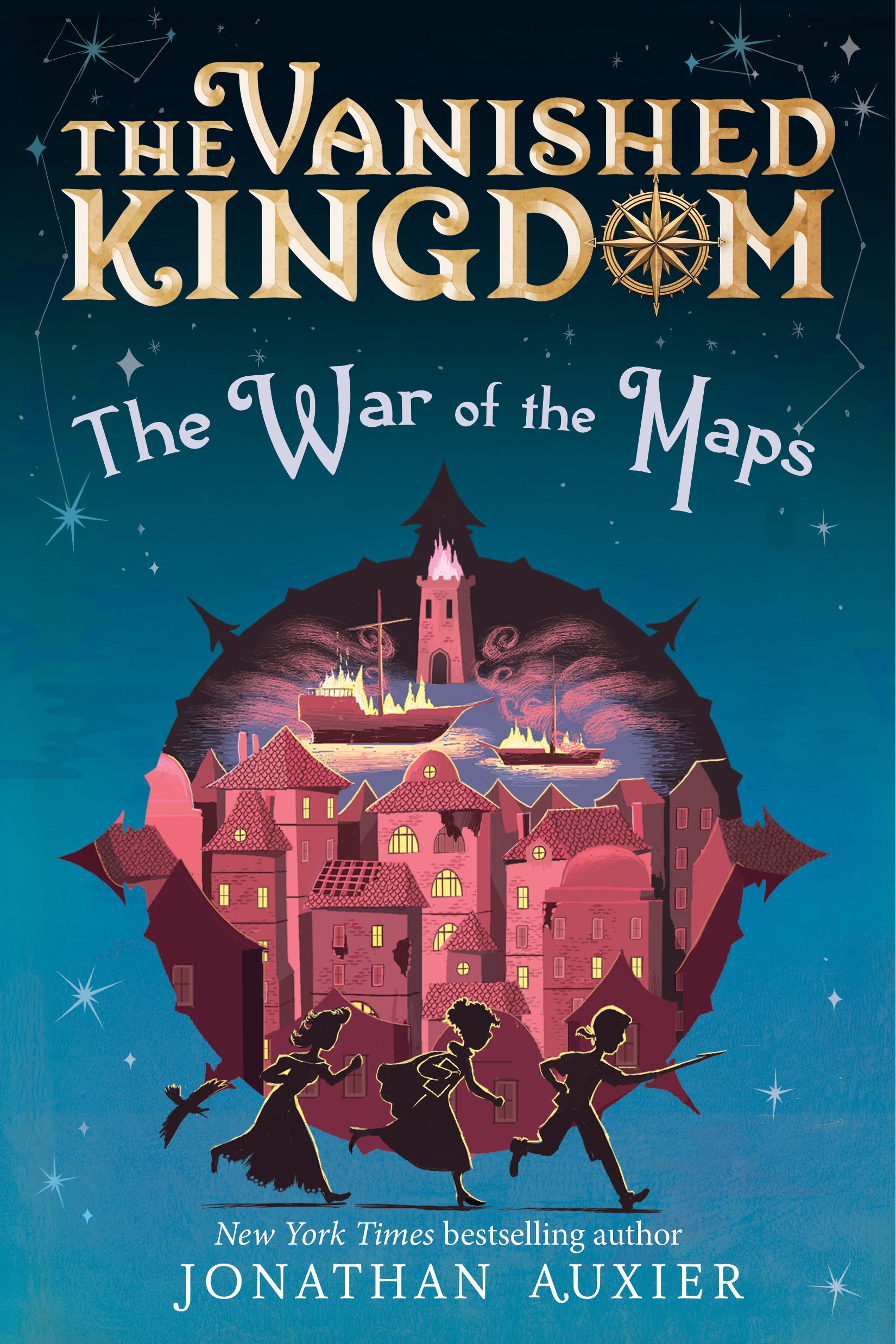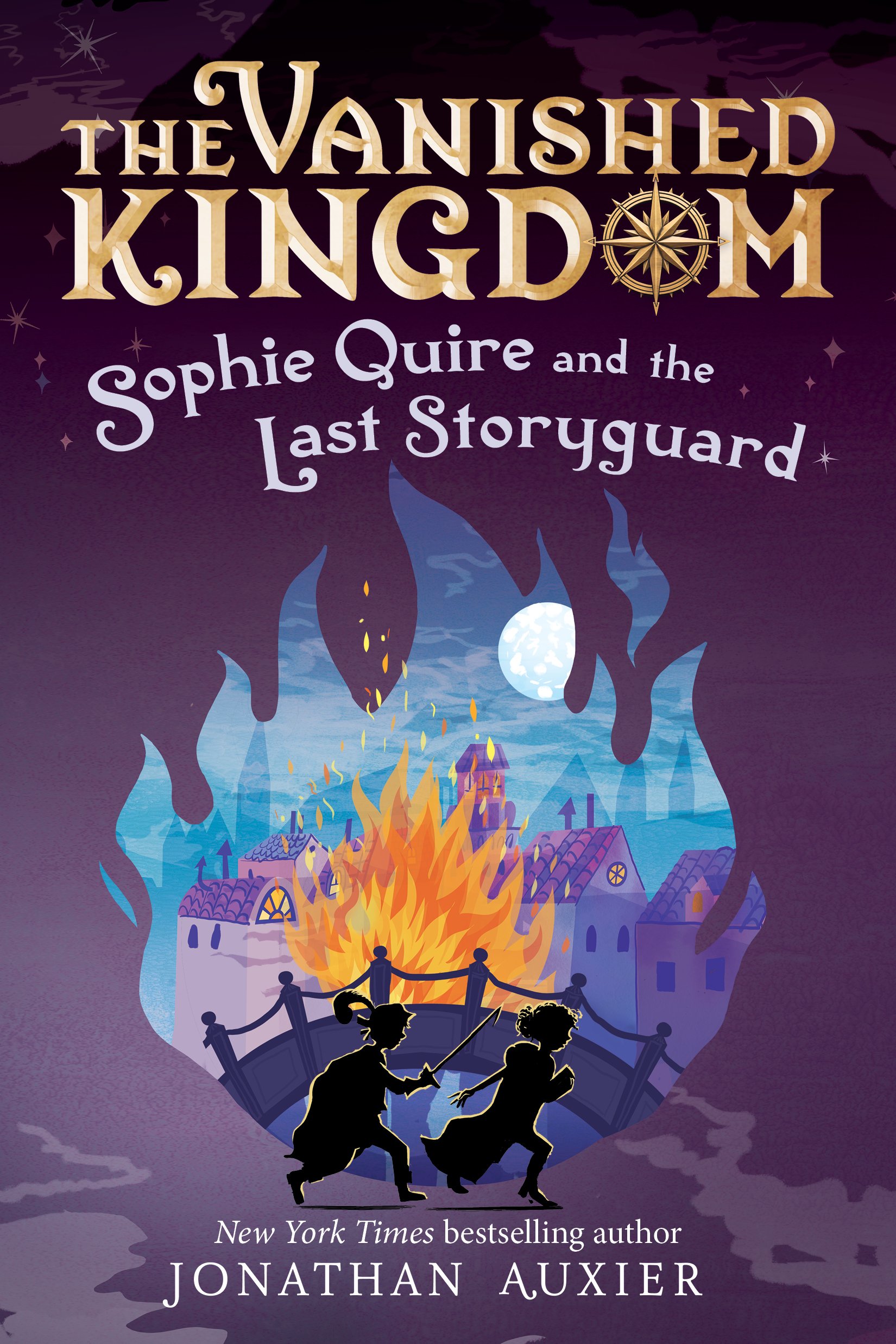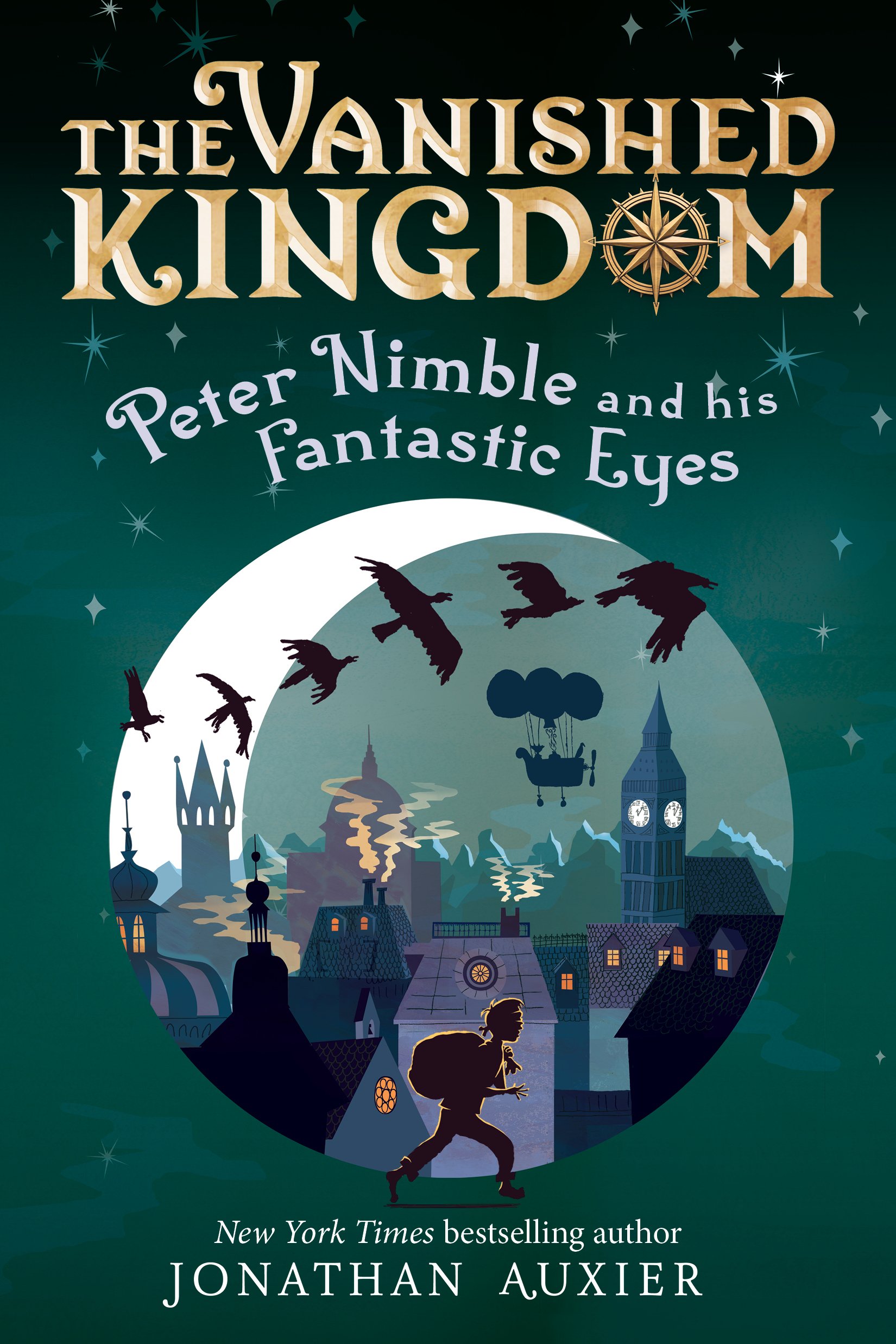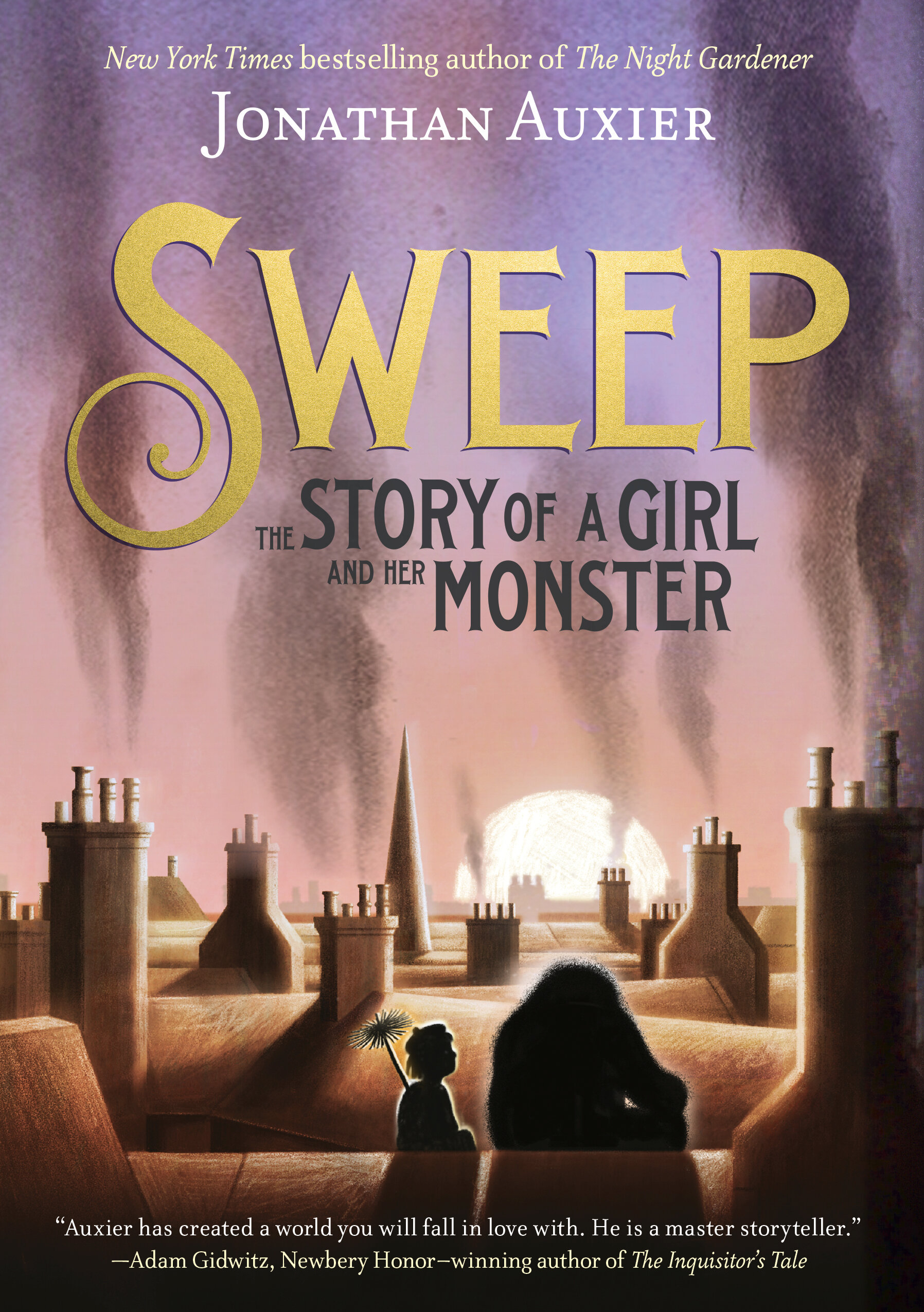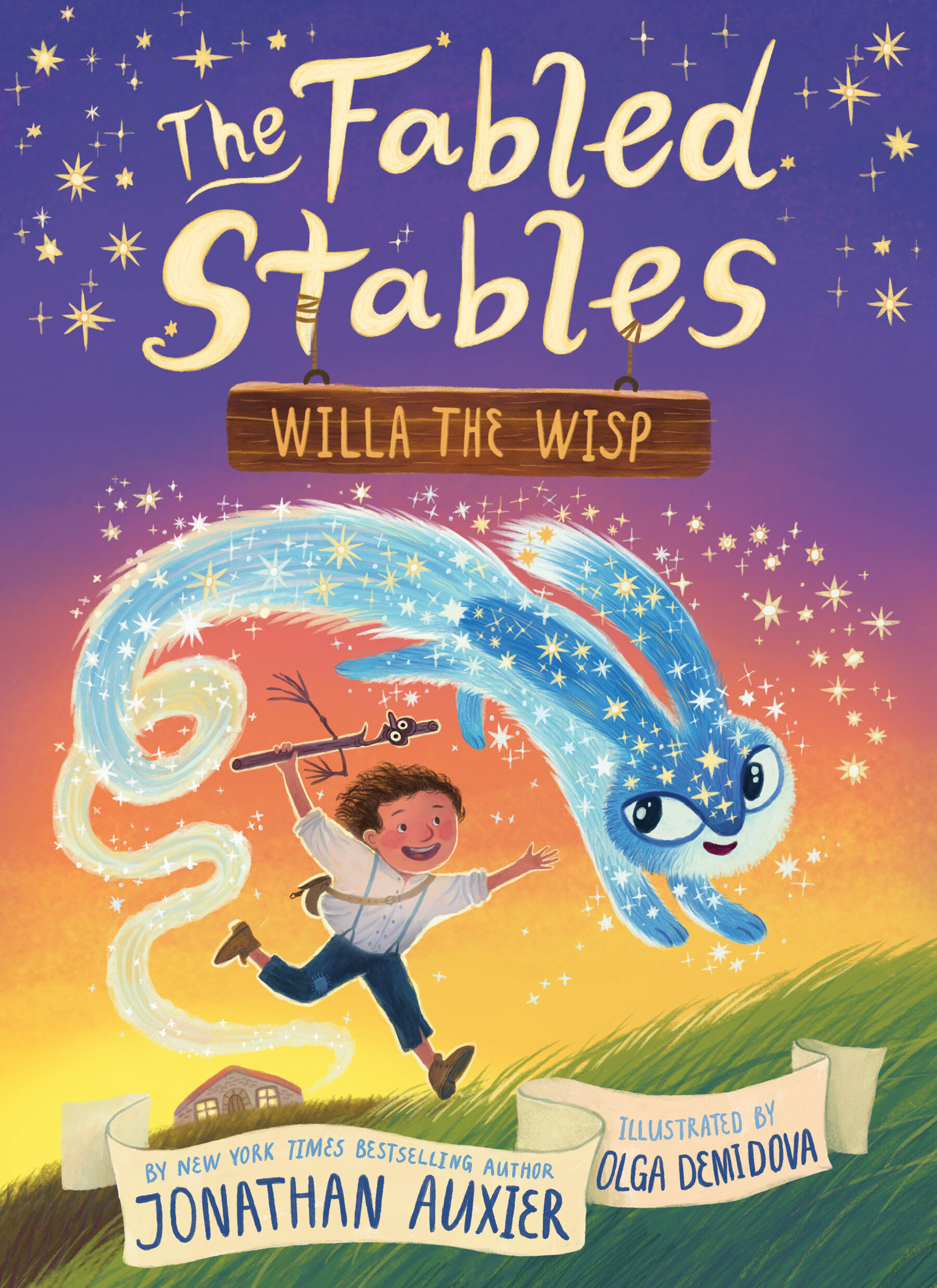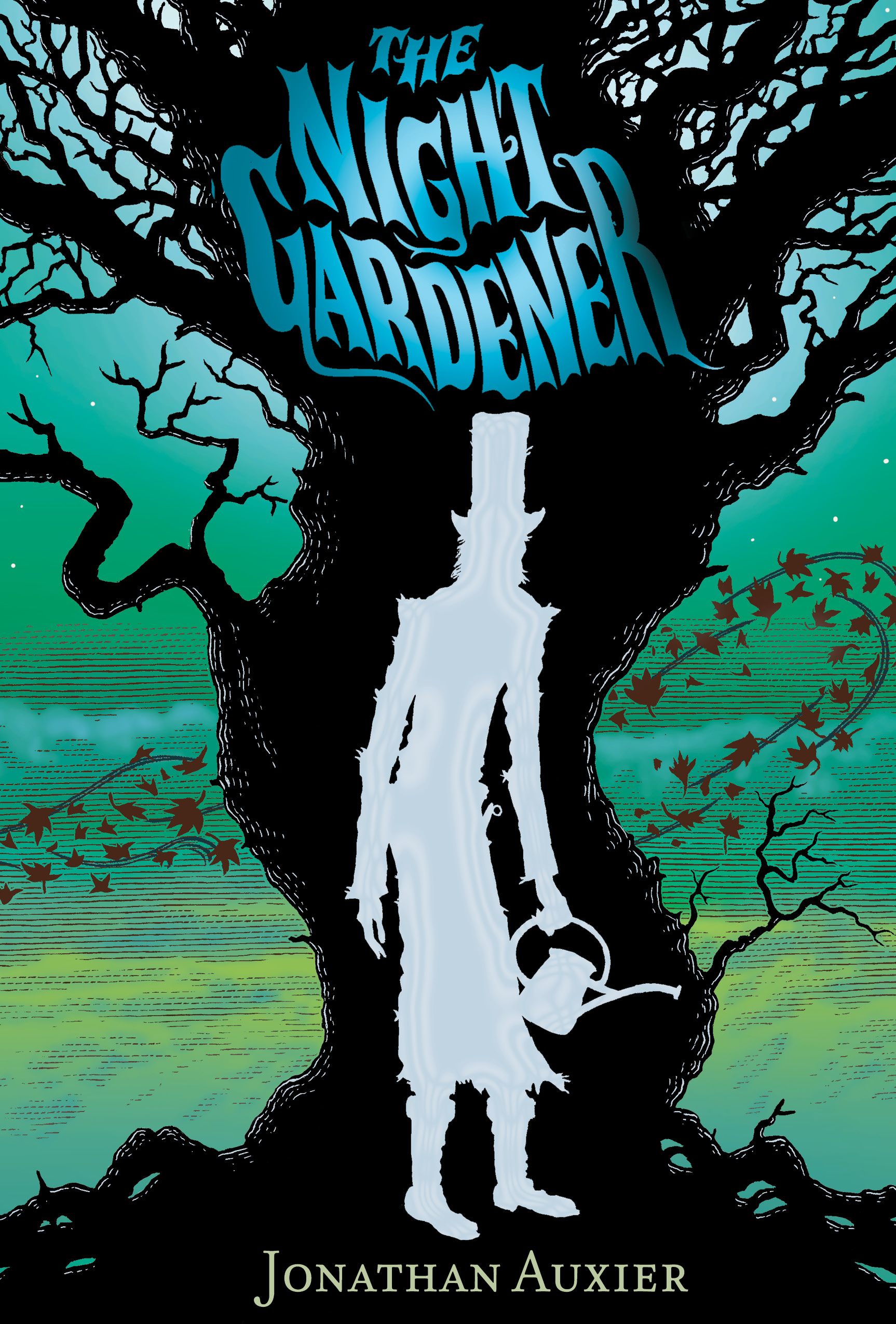Maria Tatar and Child Worlds ...
/ First off, a note for the locals: I'm having a signing this Sunday at 5pm at lovely Laguna beach books! You should come by and say hello! For directions and more info, click here. If you can't make it, I'd love for you to spread the news by Tweeting the word -- just click here!
First off, a note for the locals: I'm having a signing this Sunday at 5pm at lovely Laguna beach books! You should come by and say hello! For directions and more info, click here. If you can't make it, I'd love for you to spread the news by Tweeting the word -- just click here!
 ON TO REAL BUSINESS: This week there was a kerfuffle about a NYT op-ed by children's lit scholar Maria Tatar called "No More Adventures in Wonderland."[1. Scop readers will remember that I reviewed one of Tatar's books earlier this year.] Tatar argues that children's books of the present lack the "redemptive beauty, cathartic humor and healing magic of an earlier time."
ON TO REAL BUSINESS: This week there was a kerfuffle about a NYT op-ed by children's lit scholar Maria Tatar called "No More Adventures in Wonderland."[1. Scop readers will remember that I reviewed one of Tatar's books earlier this year.] Tatar argues that children's books of the present lack the "redemptive beauty, cathartic humor and healing magic of an earlier time."
Lots of people in the kidlit community got very upset by this article. I urge you to read the comments at the School Library Journal's Heavy Medal and Fuze #8 blogs. I generally agree that Tatar is exercising some willful blindness (I'd hardly call Peter Pan a "redemptive" figure), but I also think the children's publishing community does themselves a disservice by automatically shouting down an established children's literature scholar such as Tatar.
 For my money, the best response has come from Monica Edinger, who took a moment to consider why Tatar chose Peter Pan and Alice in Wonderland as her touchstones.[2. You may recall from a previous post that Monica Edinger is always right about everything. Nice to see her holding up the tradition!] Edinger rightly observes that both books were very much about the act of constructing a world in which actual children (the Liddels and the Davies) were meant to play. In fact, story details in both Neverland and Wonderland were actually taken from these children's own playtime adventures.
For my money, the best response has come from Monica Edinger, who took a moment to consider why Tatar chose Peter Pan and Alice in Wonderland as her touchstones.[2. You may recall from a previous post that Monica Edinger is always right about everything. Nice to see her holding up the tradition!] Edinger rightly observes that both books were very much about the act of constructing a world in which actual children (the Liddels and the Davies) were meant to play. In fact, story details in both Neverland and Wonderland were actually taken from these children's own playtime adventures.
Perhaps what Tatar is trying to say is that in this current market of well-plotted, well-written stories -- ones that adhere closely to the rules of dramatic structure -- we lose the chance to create worlds that are incomplete ... places that invite a child not to re-create the actions of a hero, but to inhabit the same spaces as the hero inhabits?
 This subject looms large in my mind right now because my wife is currently writing a dissertation that deals with the role of "child worlds" in early children's literature. Tatar might have given the wrong diagnosis, but her op-ed still speaks to a legitimate difference between books of today and books of the past. Any contemporary reader of Alice in Wonderland will have to admit it contains a pretty lack-luster story ... but what a world it creates.
This subject looms large in my mind right now because my wife is currently writing a dissertation that deals with the role of "child worlds" in early children's literature. Tatar might have given the wrong diagnosis, but her op-ed still speaks to a legitimate difference between books of today and books of the past. Any contemporary reader of Alice in Wonderland will have to admit it contains a pretty lack-luster story ... but what a world it creates.
For a completely different view on the subject, I urge people to check out this recent article from Salon magazine that argues for the value of teens reading adult fiction -- darkness and all.


